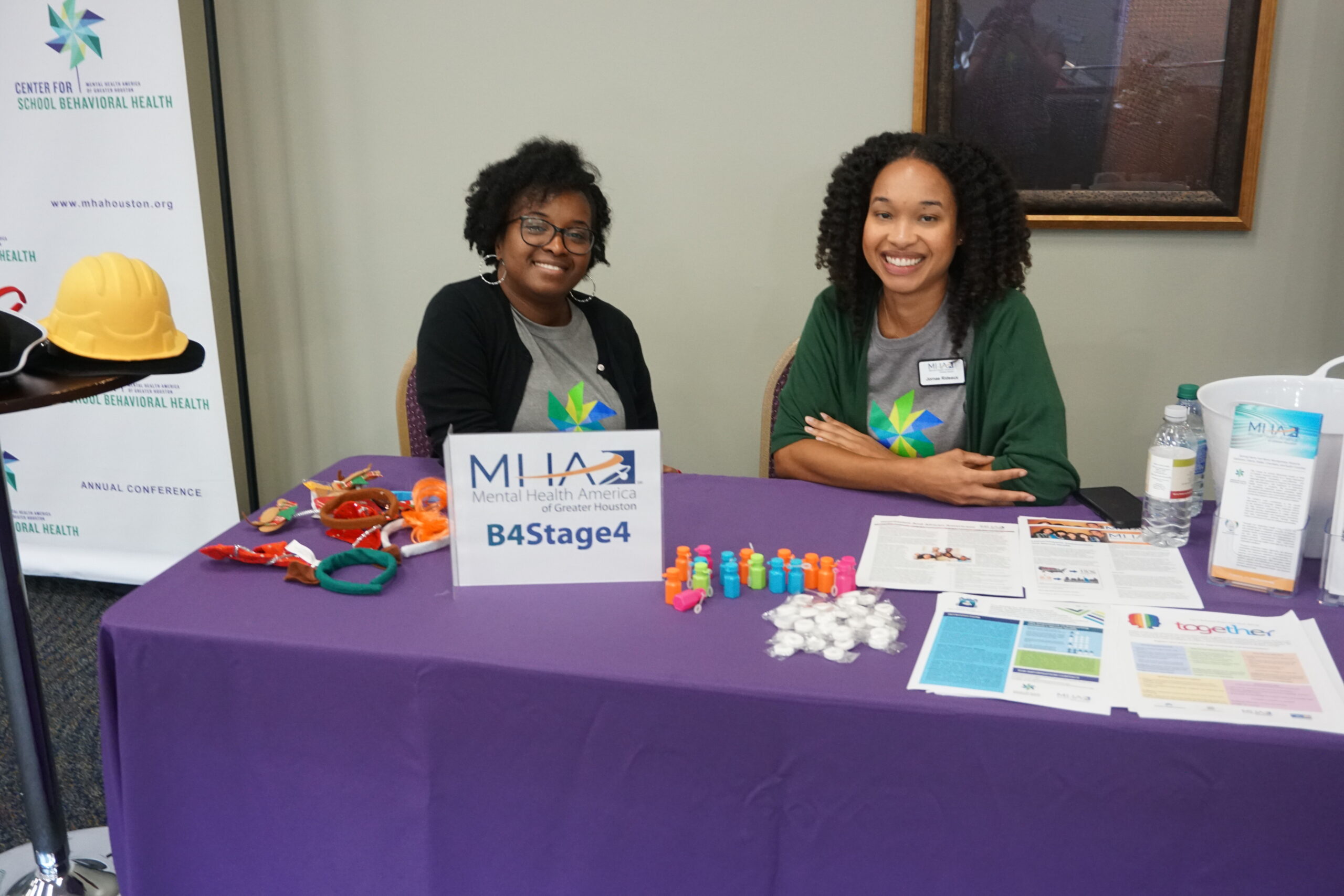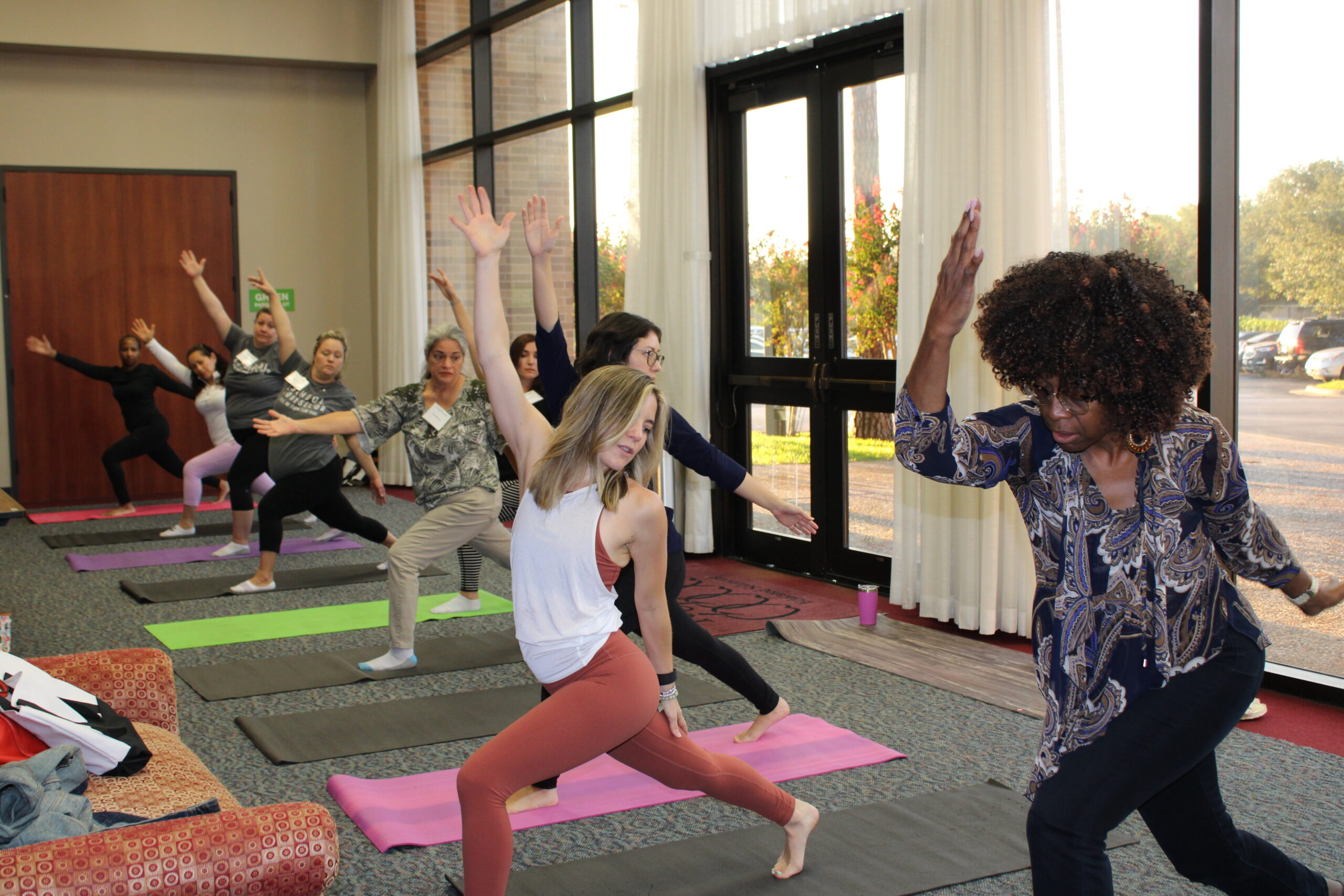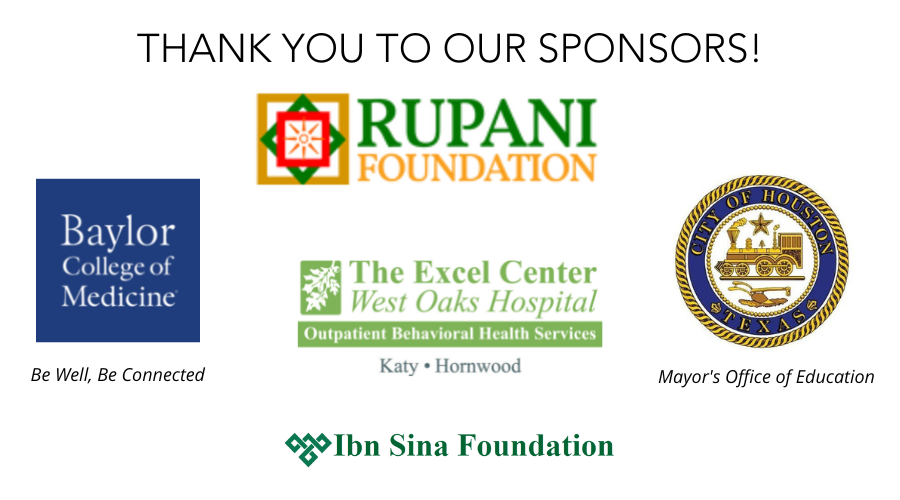REGISTRATION
conference agenda
SPONSORS AND EXHIBITORS
KEYNOTE SPEAKER
SPEAKER bios
2022 Bi-Annual Conference
The Annual Center for School Behavioral Health Conference was held on Saturday, September 24, 2022 at the Region 4 Education Service Center.
Beyond a Theory: Healing and Transformation in the Education System.
Topics included: Educational equity, family engagement, successful community partnerships, and trauma-informed practices
Conference attendees rated their experience 4.5/5 stars on the satisfaction scale, and 98% were highly satisfied with our keynote speaker.


MHA of Greater Houston’s Center for School Behavioral Health is changing systems and lives through highly specialized professional development opportunities, technical assistance, and community education for school districts across Texas. The Center works to improve the behavioral health of students and faculty through collective action, policy analysis, research, and advocacy.
Most individuals engaged in the work of the Center are campus and district administrators, counselors/therapists, educators, nurses, campus resource personnel, and youth/case workers. The Center’s work also engages parents, relatives, and youth, as well as elected and public officials, including school board members, legislators, and Texas Education Agency (TEA) personnel.
The Center’s School Behavioral Health Conference focuses on behavioral health interventions and outcomes for children in school settings to advance the knowledge and skills related to school mental health practice, research, training, and policy.

Explore More of the Center for School Behavioral Health
Collaborative
Youth Art Showcase
Professional Development
Newsletter Archive

